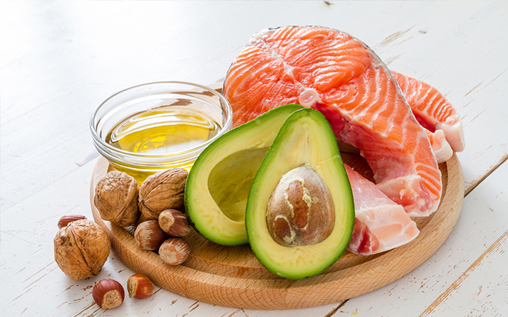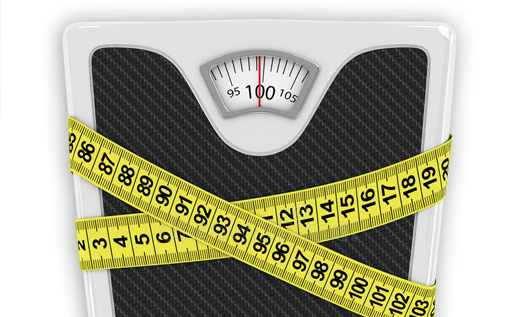Oxalate is a type of organic acid that can be found in plants, animals and humans. Therefore, they can be sourced from your diet, certain kinds of fungi and they can also be a normal byproduct of the body’s natural metabolic processes. Here are some reasons why taking foods rich in oxalates might be dangerous to your health.
1. They impair absorption
Oxalate can block the absorption of nutrients like zinc, magnesium and calcium. These nutrients are needed for the proper functioning of your body’s systems, therefore, a deficiency in these nutrients can cause a lot of symptoms, ranging from hair loss to osteoporosis.
2. They lead to the formation of kidney stones
Kidney stones are usually described as one of the most painful experiences that a person can have. They are solid substances that are formed in the kidney when levels of calcium, oxalate or phosphate are high and water levels are low. The most common type of kidney stones are Calcium oxalate stones. Some people think that calcium is the main culprit when talking about the formation of kidney stones. However, this is not the case, because calcium is required for the excretion of oxalate. The major risk factors for the development of kidney stones are dehydration, high salt and protein intake and eating foods containing high levels of oxalates.
3. They may increase the risk of developing serious diseases
The problem with these oxalates is that they can form sharp crystals during certain conditions in the body. These crystals then get carried off into the blood stream and can end up being deposited in various organs. They can tear your heart muscles, cause osteoporosis, eye pain, anemia, digestive problems, autism and even Zellweger syndrome. On a cellular level, the major reason why oxalates are of such importance is that they can act as oxidants which promote the formation of free radicals. These molecules are very hazardous to the health because they tend to cause cell damage. They also interfere with energy production in the mitochondria.
You should reduce the intake of foods like sweet potatoes, beets and peanuts which have a high oxalate content. Cooking your food also strips them of this harmful substance.
Image courtesy of: wikimedia.org.





